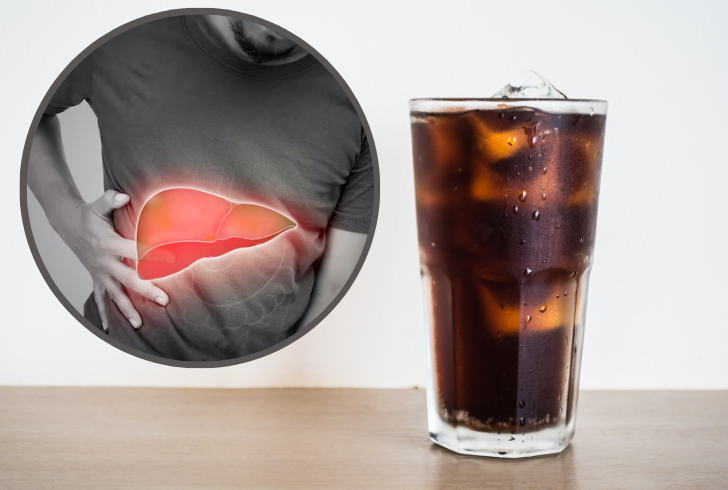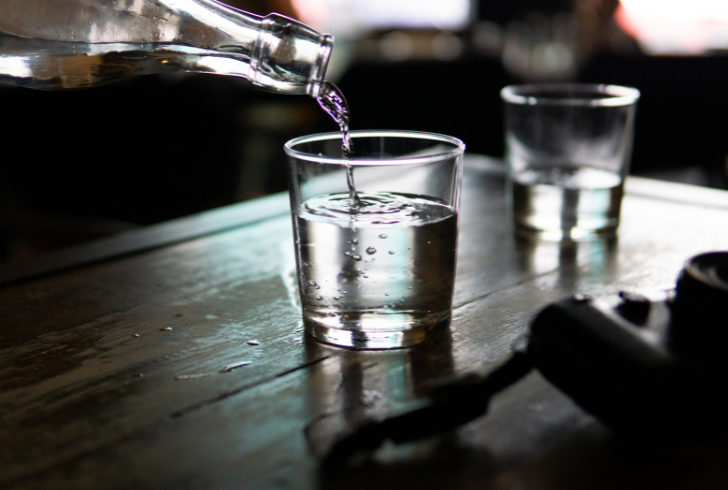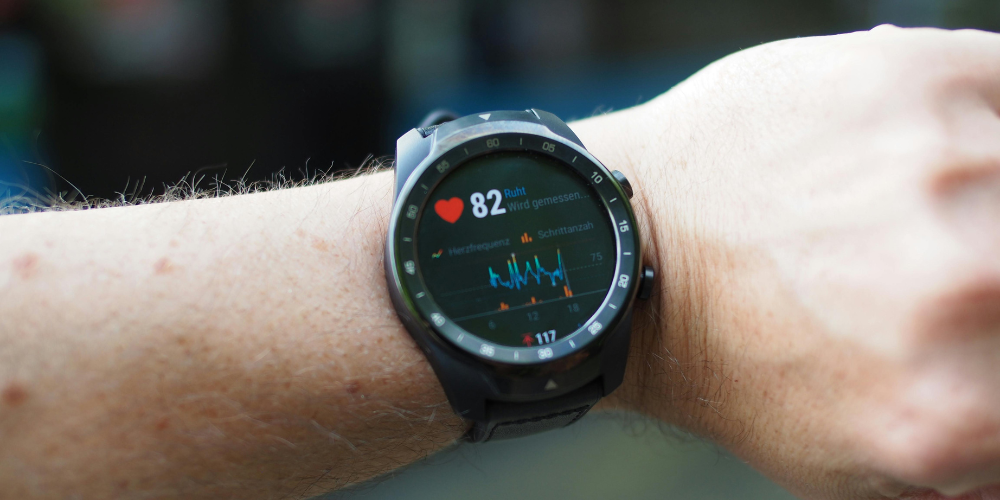Reaching for a cold Diet Coke might feel harmless, but new research suggests otherwise. Experts now say that both regular and diet sodas could quietly raise the risk of liver problems.
A recent study shared at the United European Gastroenterology Week in Berlin found surprising results. Drinking just 9 ounces of soda each day can raise the risk of metabolic dysfunction-associated steatotic liver disease (MASLD). For diet sodas, the risk may rise even higher.
Researchers reported that regular soda can increase the risk by 50%, while diet soda may boost it by 60%. Considering a typical can holds 12 ounces, that daily habit may come with a bigger cost than expected.
Why MASLD Matters

Freepik | eddows-animator | Drinking even one soda daily may increase the risk of MASLD and harm liver health.
MASLD, once called non-alcoholic fatty liver disease, happens when fat builds up in the liver. Over time, it can damage tissue, cause scarring, and even lead to cirrhosis.
Lead researcher Lihe Liu from the First Affiliated Hospital of Soochow University explained the link. “Our study shows that low- or non-sugar-sweetened beverages were tied to a higher risk of MASLD, even at modest intake levels such as a single can per day,” Liu said.
This makes the findings especially relevant for anyone who drinks soda daily, even in smaller amounts.
How Soda Impacts the Body
Soda affects the body in more ways than sugar content alone. The carbonation that makes soda bubbly also disrupts gut balance. Many sodas rely on artificial sweeteners or high-fructose corn syrup, both known to strain the liver.
Dr. Wesley McWhorter, from the Academy of Nutrition and Dietetics, explained how the liver reacts. “Your body processes them similarly, but fructose is mostly handled in the liver. When consumed in excess, especially from sugary drinks, fructose can promote fat buildup in the liver,” he said.
That buildup becomes a major factor in liver disease, even when the soda is labeled “diet.”
The Misleading Comfort of Diet Drinks
Many soda lovers switch to diet options thinking they’re healthier. Yet experts say artificial sweeteners might not protect the liver as much as once believed. Liu noted that both sugar-sweetened and diet drinks deserve equal attention when studying their health impact.
This growing concern has sparked public pressure on soda companies. Earlier this year, Robert F. Kennedy Jr., the U.S. Secretary of Health and Human Services, urged Coca-Cola to drop artificial dyes and switch to cane sugar in American products. The request stirred backlash among corn producers who supply high-fructose corn syrup.
Water Wins Every Time

Pexels | Elle Hughes | Replacing soda with water can improve liver health and reduce risks over time.
The researchers also found a simple way to lower liver risks, replace soda with water. Even small swaps made a measurable difference in participants’ liver health.
While these findings are strong, experts still want more data. The study hasn’t been peer-reviewed yet, and participants self-reported their soda intake. That means results depend on their honesty and memory.
The takeaway is clear, moderation matters. Regular or diet, soda can still stress the liver when consumed daily. Choosing water, herbal teas, or natural fruit-infused drinks offers a safer and refreshing option.
As research continues, one fact stands firm, healthier habits start with awareness. Replacing that daily can of Diet Coke with water might be a small change, but it’s one that supports long-term liver health and overall well-being.








